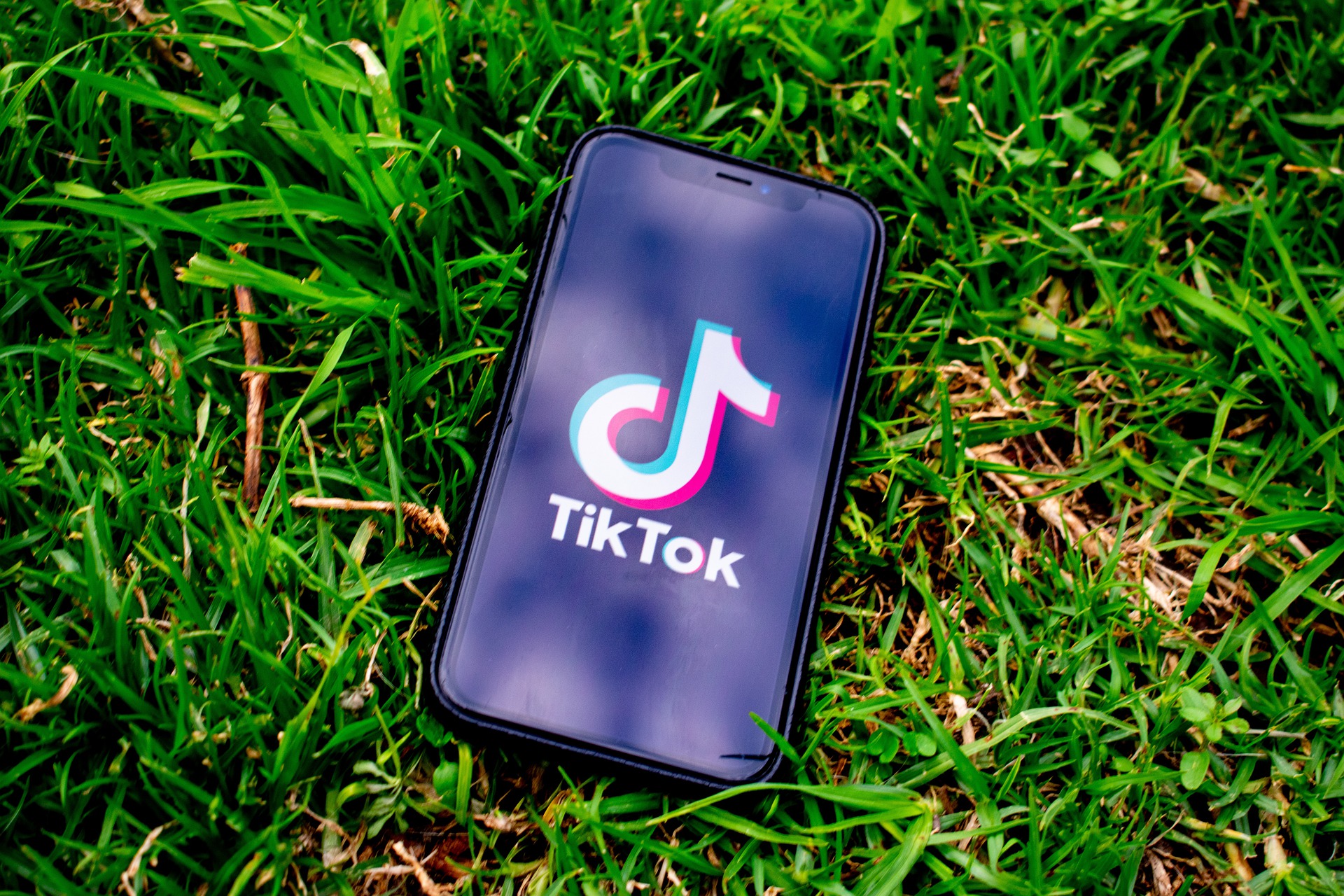President Joe Biden signed a foreign aid package Wednesday that also includes a measure that would effectively ban the popular social media app TikTok if China-based parent company ByteDance fails to divest from the app within a year.
The law starts the clock for ByteDance to make its move. Lawmakers who support the ban have expressed concerns about potential national security and data privacy threats from TikTok – a worldwide video posting platform that’s especially popular with young people – because the app is owned by a Chinese company.
Lauren Feiner, a senior policy reporter at The Verge, said if ByteDance does decide to sell the company it has nine months to do it, though Biden could extend that window another three months if progress is made toward a deal.
TikTok has already said it plans to sue over the new law.
“I think that the most likely way they’re going to challenge this is going to be through a First Amendment challenge, basically saying that the U.S. government is infringing on its own First Amendment rights and also those of its users that use the platform to express themselves,” Feiner said. “But one other argument that they might make is that this bill is a bill of attainder, meaning that it’s singling out this company to punish them for something. Now, Congress would say they’re not trying to punish TikTok; they’re trying to address a national security risk.”
Feiner said there have been some similar situations with other apps in the past, but not one the size of TikTok.
“We’ve seen, for example, the Committee on Foreign Investment in the U.S., which is a different entity, put some restrictions on Grindr, the gay dating app, because of its ties to China,” she said. “But that was kind of a different issue. That was a kind of different body that was dealing with that.”
» GET MORE NEWS FROM AROUND THE STATE: Sign up for Texas Standard’s weekly newsletters
It is still unclear whether the Biden administration’s deadline will remain in effect as a lawsuit plays out, Feiner said.
“Basically, if the courts decide to grant a preliminary injunction or a stay on the law, then that could kind of pause the clock,” she said. “But if they don’t and they decide to move with the lawsuit while the clock is ticking, then you know that timeline is going to creep up on ByteDance much sooner, even before a legal challenge is fully fleshed out.”
Many TikTok users and content creators tend to dismiss concerns about a national security risk with the app. Lawmakers who support the ban, however, point to a national policy in China.
“One of the key issues is that China has a national security law that essentially says that any company that’s based in China, it could be compelled to hand over information if it’s deemed for a national security reason,” Feiner said. “Now, TikTok is not based in China, and it says that it doesn’t store any U.S. user information in China.
“But its parent company, ByteDance, is based there. So lawmakers feel that that connection opens up U.S. user information to some level of risk.”
Feiner said there could also be some political fallout from this new policy, though it is hard to say how much given that a potential ban wouldn’t happen until after the November elections.
“I think you also have to wonder, will voters who are really upset about this legislation be the ones turning out in big numbers, because of TikTok,” she said.













